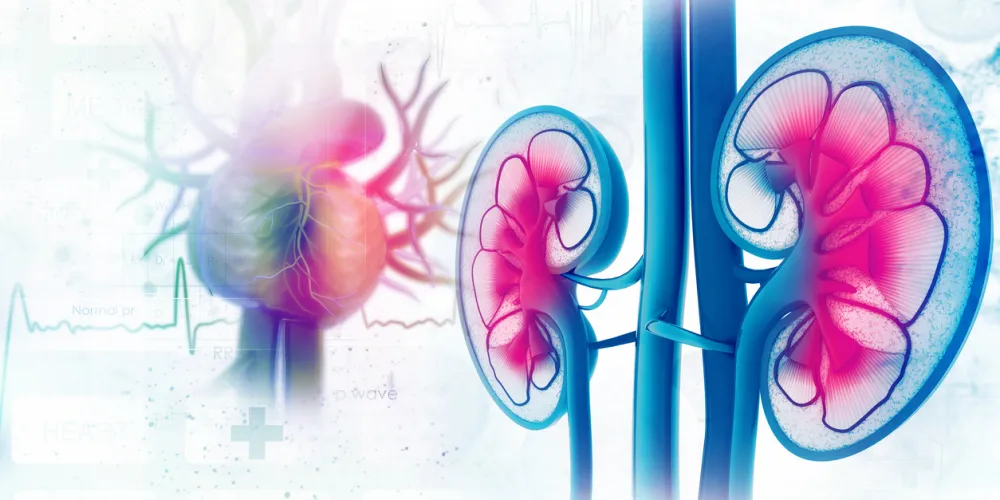Strategies for the Management of Atrial Fibrillation in patiEnts Receiving Dialysis (SAFE-D)
Project location
- Australia

Background:
Atrial fibrillation (AF) is highly prevalent (10-20%) in patients with end-stage renal disease who receive maintenance dialysis. The prevention of embolic stroke, the most devastating consequence of AF, with oral anticoagulation (OAC) is one of cornerstones of caring for patients with AF. However, as patients with advanced chronic kidney disease (CKD) have been systematically excluded from seminal trials of stroke prevention in AF, there is insufficient evidence regarding the safety and efficacy of OAC in dialysis recipients with AF. Though OAC may reduce the risk of embolic stroke in dialysis recipients with AF, the risk may outweigh the benefits in this complex population. Patients with advanced CKD have a higher risk of bleeding, and the mechanism of stroke associated with AF may also be different from patients with preserved kidney function. Accordingly, clinical equipoise exists about the use of OAC in dialysis recipients with AF.
Prior to undertaking a definitive trial that focuses on patient-relevant outcomes, ensuring the feasibility of conducting such a trial is required. Accordingly, the investigators designed a pilot trial that will help establish the feasibility of both recruitment and the sustained implementation of the treatment regimens to which participants have been randomised.
Aim:
The SAFE-D project aims to determine whether a randomised trial of warfarin, apixaban or no oral anticoagulation is feasible, in terms of recruitment, adherence to the protocol, and adequacy of follow up in patient with atrial fibrillation receiving dialysis. The primary outcome will be confirmed if recruitment is completed within 2 years, and at least 80% of the randomised participants remain in the trial and on allocated study treatment until the end of the 26-week study period.
Research Methodology:
SAFE-D is an investigator-initiated, multicentre, international, prospective, open label, parallel group randomised control trial. It is being led globally from St Michaels Hospital (Toronto, Canada) and within Australia from The George Institute for Global Health.
Participants will be randomised to one of three anticoagulation strategies;
- Dose-adjusted daily warfarin targeting and INR of 2.0-3.0
- Apixaban 2.5mg twice daily
- No oral anticoagulation (usual care)
Recruitment of participants into SAFE-D will cease following the randomisation of approximately 150 participants globally. The trial will enrol participants over a period of approximately 2 years.
Current Status:
The trial is active, recruiting in Canada, but not yet recruiting in Australia. Planned first participant first visit in Australia is quarter 3 2020.

